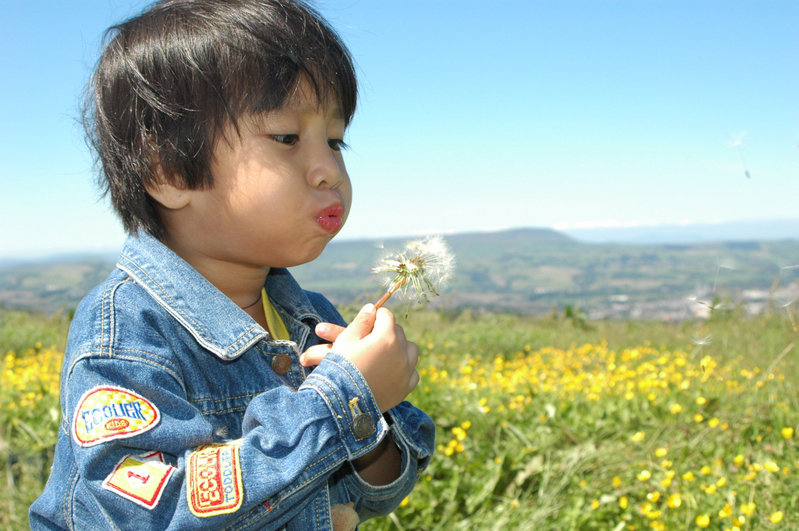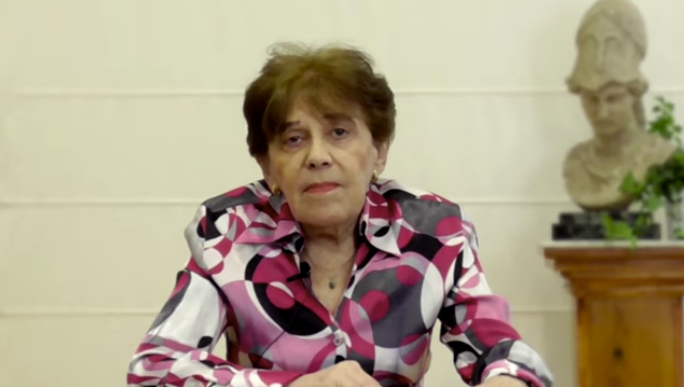The Practice of Philosophy
Article By Fernando Schwarz
 Philosophy, or love of wisdom, is not something abstract. It’s about how to understand life better and therefore how to live better, individually and collectively.
Philosophy, or love of wisdom, is not something abstract. It’s about how to understand life better and therefore how to live better, individually and collectively.
We all have something deep within ourselves, but sometimes we’re afraid to look for it. It’s like diving within yourself to look for the inner gold. You need courage to dive into the water, because there are many fears: the fear of drowning, of strong currents, of dangerous fish, and so on.
The practice of philosophy is to go within, but also to act outside. Philosophy has to be practised, internally and externally, in order to become real. As with any art, whether it be music, gardening, or anything else, in order to learn anything, you have to practise.
Key Principles
The practice of philosophy is based on certain key principles:
– The progressive development and mastery of oneself, which comes about through practice. The deeper we go, the calmer we become. Self-knowledge leads to self- confidence, because if we know who we are we become more stable, more natural and less defensive.
– A real concern for humanity. We can cultivate this concern by a number of methods: first by realising that we are not unique, then by thinking about the challenges facing humanity. We need to see that there are others and that they are mirrors for us, even when no words are used. We can understand that other people also have fears and aggression due to a lack of self-confidence, due to the need to be loved. We are all part of a human family.
– Seeing beyond appearances. The philosopher tries to establish contact with the being of others and the being of the universe, with people, with countries; to find the identity of things and people, what makes them different, what is best about each person.
The first objective of philosophy should be to develop self-confidence, which implies accepting the conflicts of life and dealing with them. You can’t give someone confidence, there is no ‘confidence pill’. That pill is made by your own inner laboratory, but you have to use that laboratory.
As the founder of New Acropolis, Jorge Livraga, once said: “The application of a teaching depends on ourselves and not on the person who is teaching us.”
Image Credits: By Alex Bakharev | Wikimedia Commons | CC BY PD
The entity posting this article assumes the responsibility that images used in this article have the requisite permissionsImage References
By Alex Bakharev | Wikimedia Commons | CC BY PD
Read the original article on http://www.newacropolisuk.org/download.php?id=18&src=home
Permissions required for the publishing of this article have been obtained




The author needs to clarify how we are not unique because all our lives we have been told that we are unique, like a fingerprint. To resolve the readers’ sense of contradiction, the author might distinguish between the uniqueness of the person and the similarities of our challenges and struggles.